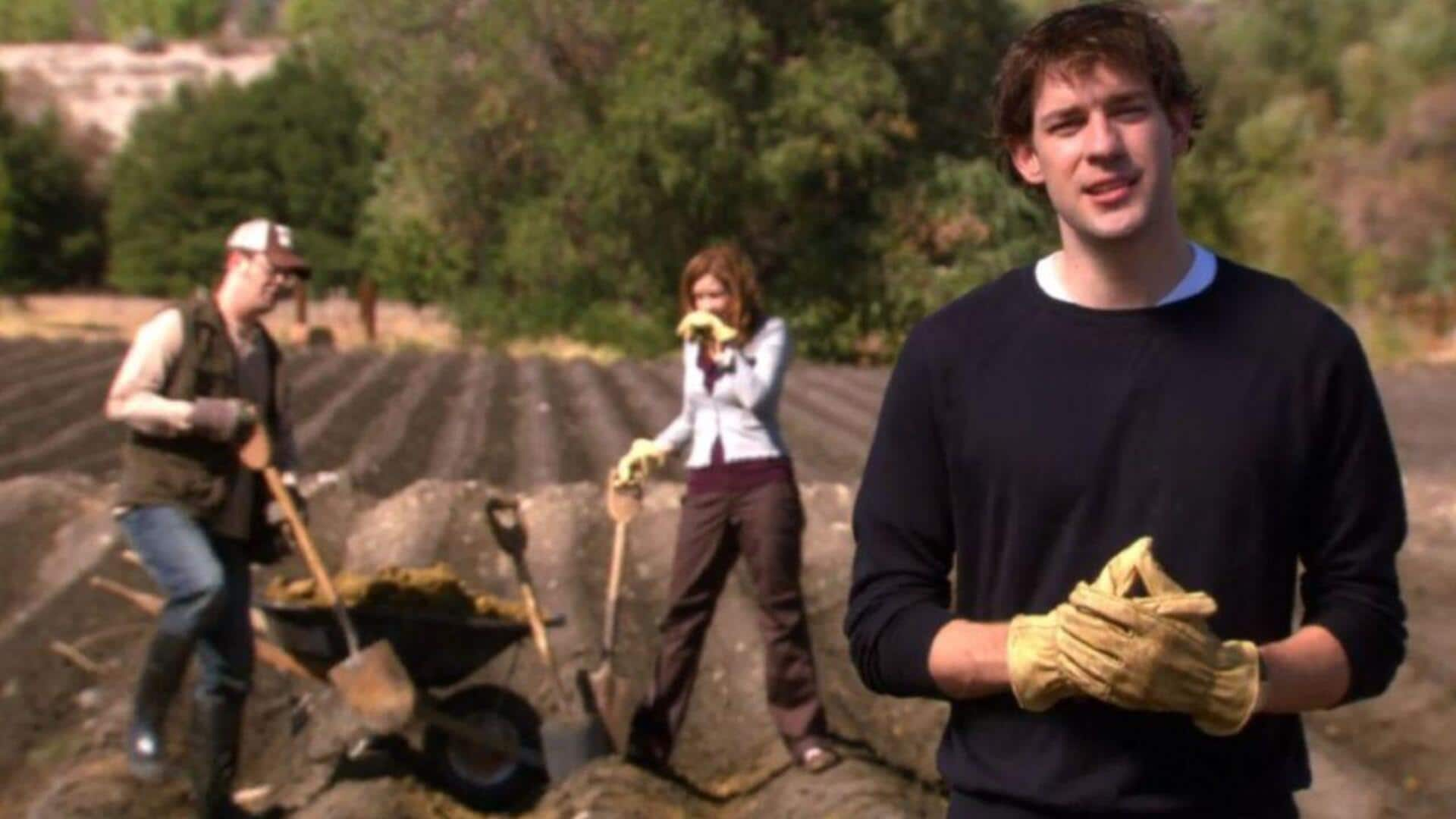
How 'The Office' turns office jargon into comedy gold
What's the story
The Office, a mockumentary-style sitcom, has been a favorite for its hilarious take on the daily grind of office life. One of the most interesting aspects of the show is its use of corporate jargon, which it uses to highlight the absurdity of workplace communication. By exaggerating and poking fun at these phrases, The Office gives us a glimpse into how ridiculous and often meaningless corporate language can be.
#1
'Synergy' and its overuse
"Synergy" is another term that makes frequent appearances in The Office. The word is often used by characters to describe teamwork or collaboration, but it is mostly used in such a way that it sounds empty and meaningless. The overuse of "synergy" in the show reflects how corporate jargon can sometimes overshadow real communication and understanding in favor of buzzwords.
#2
'Leverage' as a buzzword
Another word that gets a lot of attention in The Office is "leverage." Characters use it to describe gaining an advantage or maximizing resources, but it often comes off as more about sounding smart than actually contributing anything meaningful. The show's portrayal of "leverage" highlights how corporate language can sometimes confuse rather than clarify intentions.
#3
'Circle back' for follow-ups
"Circle back" is another phrase that has become synonymous with corporate follow-ups. In The Office, this phrase is used by characters to indicate revisiting a topic later on. However, the way it is used in the show often makes it sound like a way to delay action or avoid making decisions. This highlights how such phrases can sometimes be used to avoid accountability instead of promoting productivity.
#4
'Touch base' for communication
The Office frequently uses the phrase "touch base" to indicate brief communication or check-ins. While it is meant to sound friendly and approachable, the phrase is often used so much that it loses its meaning. The show's use of "touch base" highlights how corporate jargon can sometimes make simple interactions seem unnecessarily complicated.